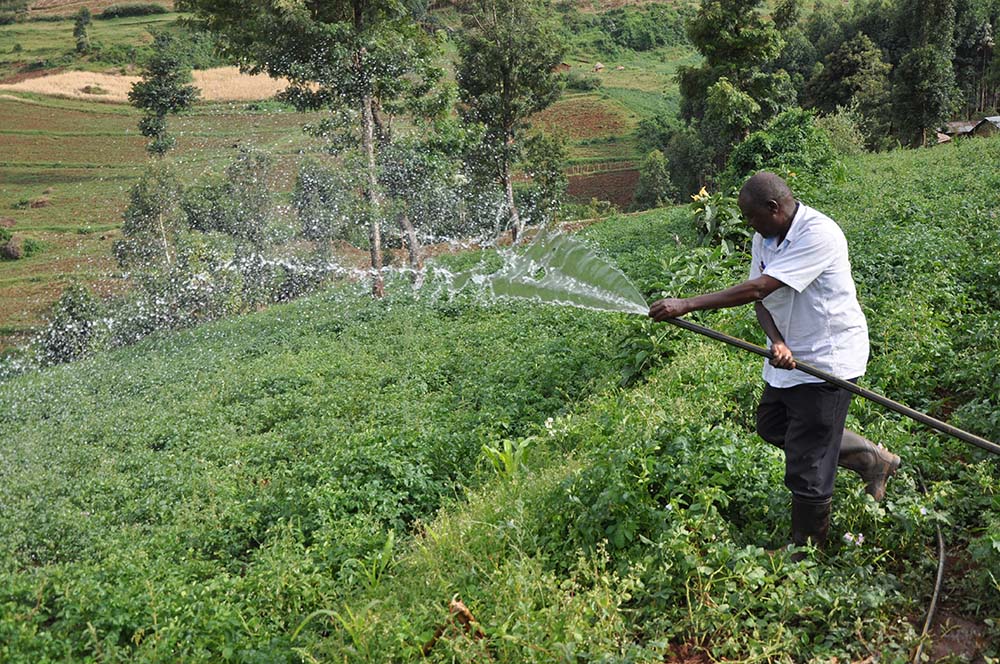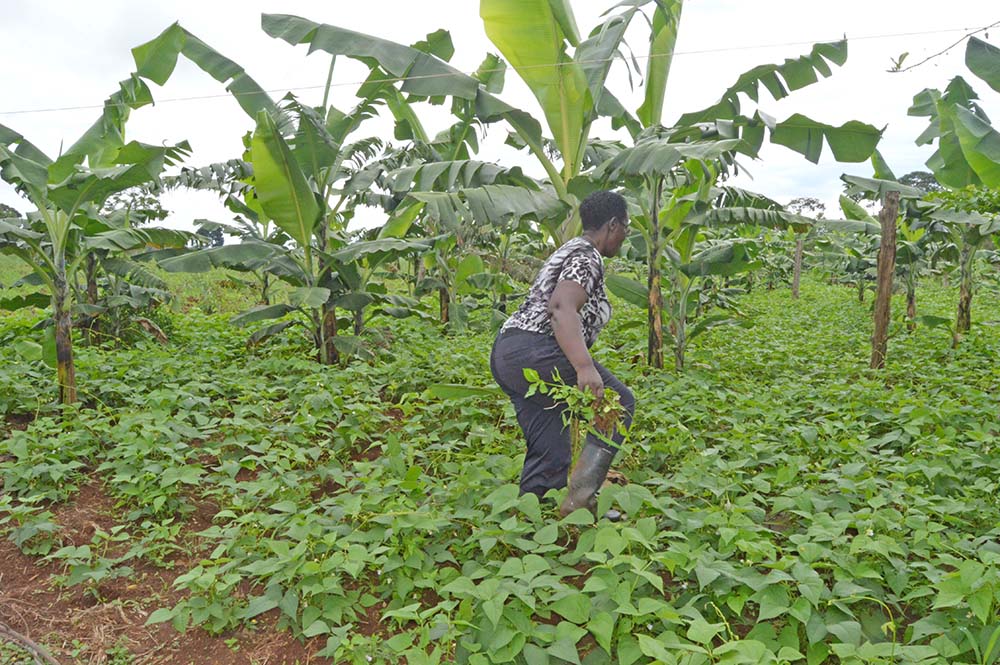Due to presence of technology and other innovations, many people do have gardens in their compounds or they form the biggest part of the compound.
However, do you know how irritating walking in the scorching sun can be? It feels like the heat is penetrating right through your skin. Just as you find the direct sun uncomfortable, so do plants.
Be it during the dry or rainy season, farmers are advised to take care of their plants and protect them from any form of danger coming from the surrounding environment.
This it is very important to keep and maintain the garden blooming all-year round.
Ruth Banoba, a backyard gardener in Kampala, says the dry season requires gardeners to be resilient and to double their efforts so that they do not lose their plants.
“You do not want to see your plants sick, miserable and unappealing. Do not wait for your garden to dry up before you water it,” she advises.
Banoba adds that a farmer must inspect a garden daily to see how the plants are performing and check for diseases early enough.
Watering
David Nkwanga, a gardener, says because plants thrive largely on water, as it becomes less available in the dry season, they start looking unhealthy and the garden becomes unattractive.
When watering the garden, there are some key factors to consider, especially the watering time and quality of water.
“Plants use their leaves to make food and breathe, so if you use dirty water, it clogs the pores that help the leaves perform these important functions. Salty water also makes plants unhealthy,” Nkwanga cautions.
However, few people can afford to water plants in the dry season because of a lack of commitment to their gardens due to busy schedules and lack of water, among other reasons.
Nkwanga says for such reasons, a gardener may explore other methods of conserving the water that is already within the soil.
Mbabazi says one can water two days a week if the garden is mulched.
He notes that it is better to water early in the morning at 6:00am and in the evening when the sun has gone down to ensure water retention by avoiding evaporation.

Mulching
Nkwanga says mulching is practice that has been used for generations to conserve water in soil. You can mulch your garden using dry grass or grass cut from the lawn.
“In case you are caring for tender plants, you can use banana stems which already contain substantial quantities of water. Cut short pieces, dissect and place them on the base of the plant,” he advises.
“You can also use biochar or charcoal dust as it is a good moisture retainer,” he adds.
Plant covering
Nkwanga says your garden can survive the dry spell better by integrating cover crops, which creep and cover the ground. As a result, they help to maintain soil moisture by preventing it from evaporating during the dry season.
Mbabazi says a gardener can also protect his or her plants from direct sunshine by screening them off and placing a piece of cloth over it.

Potted plants
“If the plants are potted, you can keep on moving them around the patio,” she says.
Mbabazi says clay pots would be convenient for such a season because they retain water more than plastics.
Alternatively, you can get drought-resistant plants like succulents, which do not need a lot of watering to thrive in the dry seasn.
She says fertilising is also important to keep plants healthy.





